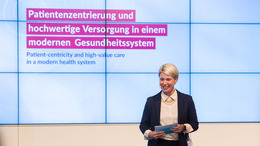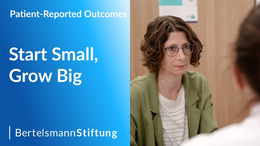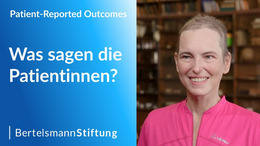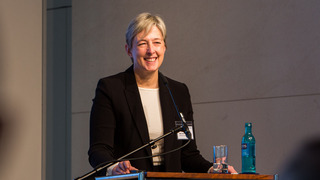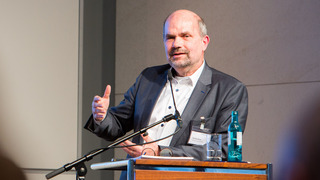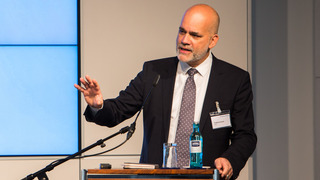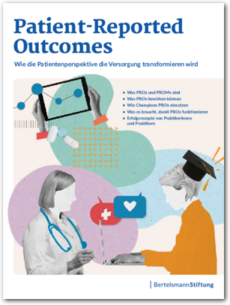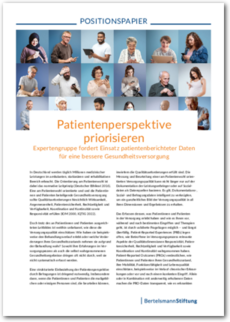How do patients review their treatment? How do they assess their health during and after receiving care? In healthcare, we still prioritize the clinicians’ perspectives over the patients’ perception of their health. But there are validated instruments (Patient-Reported Outcome Measures, PROMs) to collect the patient’s perspective on symptoms, functionality, and quality of life. While the use of patient-reported data in Germany is a patchwork of individual initiatives, other countries have better aligned their healthcare structures and processes to really focus on patient value and outcomes. They systematically use PROMs to capture the patient perspective.
At the conference in Berlin, national and international experts exchanged views on the potential of PROMs to improve the quality of healthcare. They discussed important next steps towards high-value, patient-centred care. Prof. Dr. Reinhard Busse, head of the Department of Health Care Management at the Technical University of Berlin, emphasized that a lot of PROM-initiatives are evolving dynamically in Germany. However, this dynamic is isolated and not aligned, and it is predominantly funded by the Innovation Fund of the Federal Joint Committee (G-BA), with little prospect of being transferred into routine practice.






